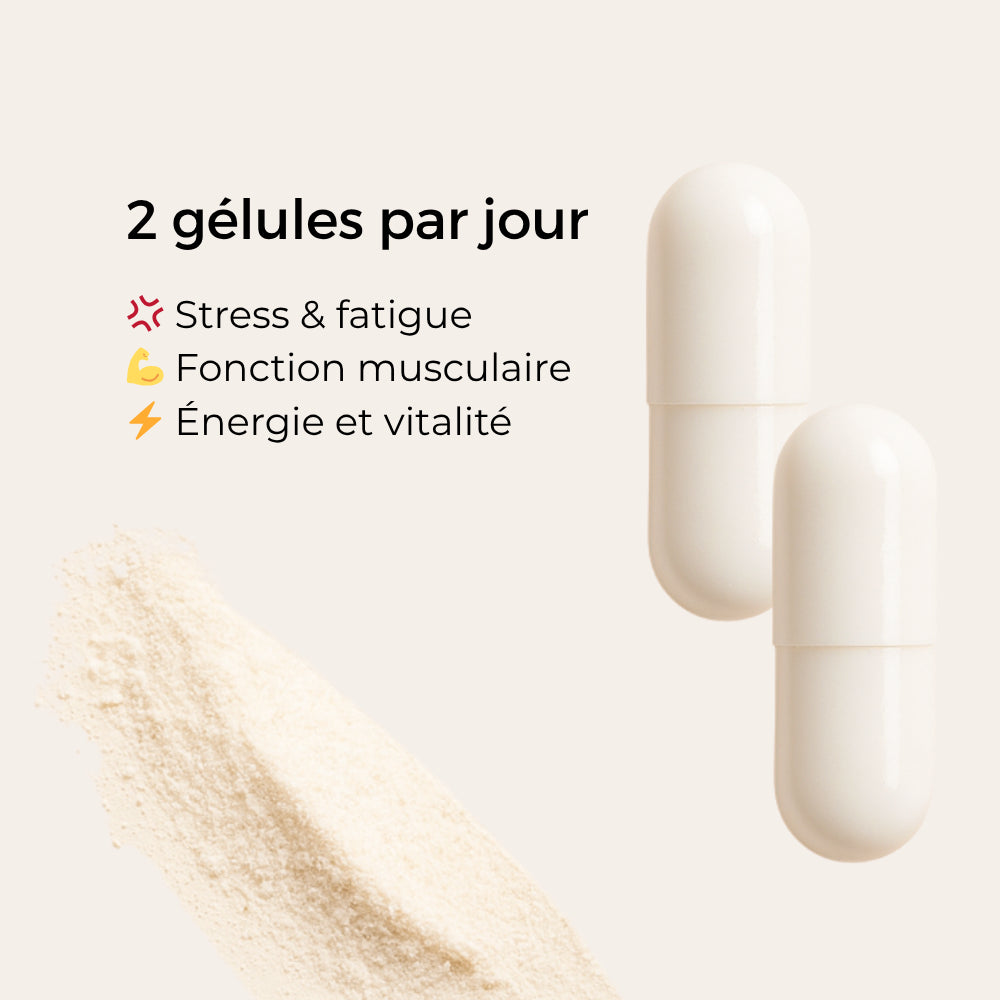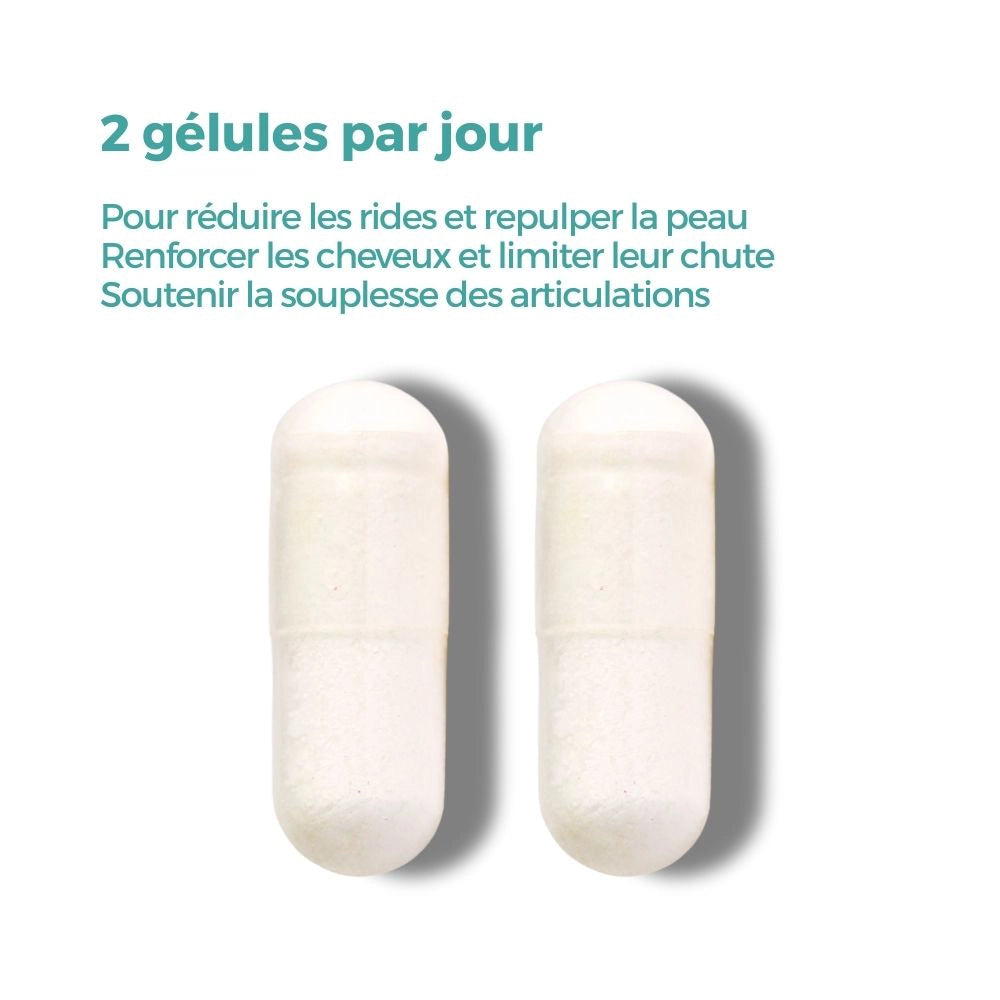
What are the links between sleep and memory?
Sleep is a major health issue, essential for the proper functioning of the body. During the night, it activates several essential physiological mechanisms: cell regeneration, hormonal secretion, learning, and memory. Restorative sleep contributes to both physical recovery and psychological and intellectual well-being.
Sleep and memory are therefore closely linked. On the one hand, it allows the brain to learn and assimilate new information. On the other hand, it consolidates this learning into a stable and lasting memory.
When sleep disorders occur, cognitive abilities are quickly affected: decreased attention and alertness, mood and emotional disturbances, reduced creativity and imagination. In the long term, lack of sleep can also promote weight gain, reduce immune defenses, and increase the risk of metabolic or cardiovascular disorders.
Being aware of the importance of restorative sleep is therefore essential for maintaining your health and strengthening your memory.

The different phases of sleep
During the night, the brain goes through an average of three to six cycles , each lasting one to two hours. Each cycle consists of three main phases : light sleep, deep sleep, and REM sleep.
Deep sleep, in particular, prepares the brain to receive new information and consolidate recent memories, which are declarative (episodic and semantic) memory. REM sleep, on the other hand, promotes procedural memory (gestures, movements, perceptions) and emotional memory.
The effects of sleep on memory
Restore learning abilities
Sleep acts as a "reset" for our cognitive abilities. It resets saturated storage circuits and restores the hippocampus, the center of short-term memory, to full efficiency. Like a printer, it transfers data to long-term memory.
Over the course of a day, the hippocampus becomes exhausted and less efficient. A short nap (slow-wave sleep) is enough to restore its learning abilities. During the night, the brain also cleanses accumulated toxins and improves working memory, attention, and concentration.
Consolidate a stable memory
During sleep, information is sorted: some is erased, while others are retained and stored in the cortex for long-term memorization. This data enriches existing knowledge and memories, ensuring a strong and lasting memory.

The impacts of a lack of sleep
Too little or poor quality sleep directly impairs memory. Interrupted deep sleep leads to memory loss and weakens declarative memory.
There is no universally ideal amount of sleep; it varies from person to person. However, with age, sleep naturally becomes less deep, further weakening memory consolidation. These disorders can sometimes accelerate brain degeneration, such as Alzheimer's disease.
Natural solutions to regain quality sleep
To improve your sleep, you must first identify the causes: stress, overeating, an unsuitable environment, anxiety or specific pathologies (sleep apnea, restless legs syndrome, hyperthyroidism, etc.).
Herbal medicine and natural food supplements are therefore valuable alternatives to heavy treatments such as anxiolytics.
At Délicure, several natural solutions are offered:
- The “Sleep” cure in gummies , vegan and made in France, based on melatonin, linden, passionflower and poppy to facilitate falling asleep and improve the quality of nights.
- Organic CBD Sleep Oil 1200mg , specially formulated to promote relaxation and reduce nighttime awakenings. Thanks to its full spectrum rich in natural cannabinoids, it contributes to a deeper and more restful sleep, without addiction.
These gentle solutions are easy to integrate into a daily routine and help manage temporary sleep disturbances. However, in cases of persistent insomnia, it is essential to consult a doctor.


























